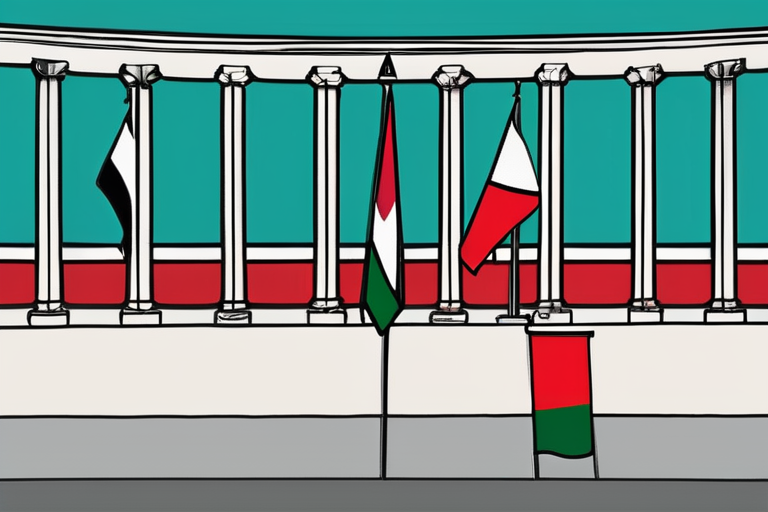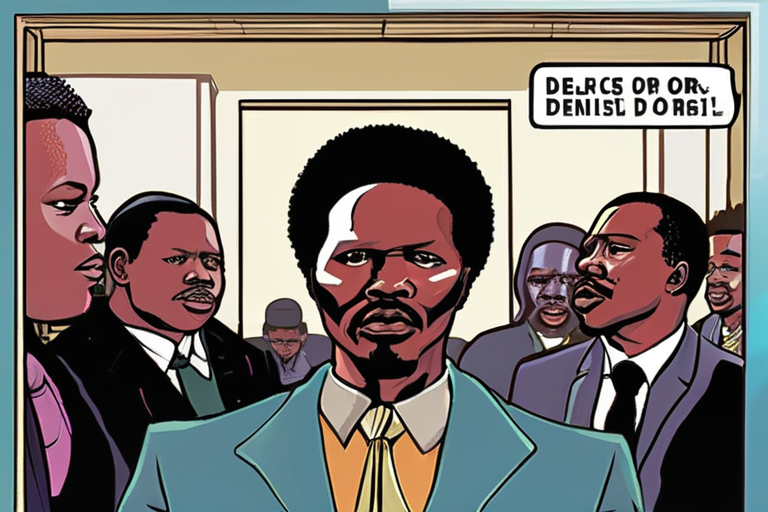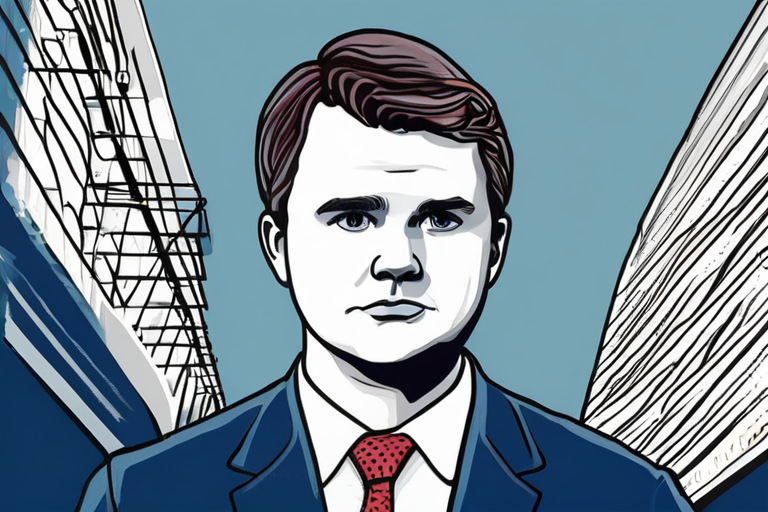Palestinian Statehood: Recognition Amidst Erasure
In a move seen as a response to mounting public pressure, Western powers have issued synchronized declarations recognizing Palestinian statehood, nearly two years after Israel's devastating military campaign in Gaza. However, critics argue that these statements lack concrete measures to stop the ongoing violence and instead serve as a form of diplomatic window-dressing.
According to Ines Abdel Razek, co-director of the Palestine Institute for Public Diplomacy, "The recognition is a welcome step, but it's essential to remember that words without actions are meaningless. We need tangible commitments from these governments to end their complicity in Israel's actions."
Michael Lynk, former UN special rapporteur on occupied Palestinian territory, echoed this sentiment, stating, "Recognition without accountability is merely a public relations exercise. The international community must hold Israel accountable for its human rights abuses and take concrete steps to ensure justice for the Palestinian people."
The Gaza conflict has left thousands dead and injured, with widespread destruction of infrastructure and homes. Despite this, Western powers have continued to supply arms to Israel, fueling the ongoing violence.
Michael Omer-Man, director of Israel-Palestine at DAWN, noted that "the recognition is a symptom of a broader issue – the erasure of Palestinian existence from international discourse. We need to address the root causes of this conflict, including the occupation and settlement expansion."
The lack of concrete measures from Western powers has been criticized by human rights groups and Palestinian leaders alike. As Seamus Malekafzali, journalist and contributor to the discussion, pointed out, "Recognition without action is a hollow gesture that fails to address the humanitarian crisis on the ground."
In the context of the ongoing conflict, Sudan's civil war has received relatively little international attention, with many experts warning of a near-collapse of the country's media industry. Meenakshi Ravi reports on this underreported story in our accompanying piece.
Meanwhile, Silicon Valley CEOs are increasingly touting their technologies as solutions to modern warfare, with Palantir emerging as a leading player in the military-tech boom. This trend has sparked debate about the ethics of techno-militarism and its implications for global security.
As the international community continues to grapple with these complex issues, one thing is clear: recognition without action will only perpetuate the cycle of violence and erasure. The question remains – what concrete steps will Western powers take to address the humanitarian crisis in Gaza and ensure justice for the Palestinian people?
Background: The Israeli-Palestinian conflict has been ongoing for decades, with multiple military campaigns and diplomatic efforts failing to yield a lasting solution. The 2014 Gaza war left thousands dead and injured, with widespread destruction of infrastructure and homes.
Context: Western powers have faced mounting public pressure to address the humanitarian crisis in Gaza, with many calling for concrete measures to stop the violence and ensure justice for the Palestinian people.
Perspectives:
Ines Abdel Razek, co-director of the Palestine Institute for Public Diplomacy
Michael Lynk, former UN special rapporteur on occupied Palestinian territory
Michael Omer-Man, director of Israel-Palestine at DAWN
Seamus Malekafzali, journalist and contributor to the discussion
Current Status: Western powers have issued synchronized declarations recognizing Palestinian statehood, but critics argue that these statements lack concrete measures to stop the ongoing violence.
Next Developments: The international community will continue to grapple with the complexities of the Israeli-Palestinian conflict, with many calling for tangible commitments from Western powers to address the humanitarian crisis in Gaza.
*Reporting by Aljazeera.*



 Hoppi
Hoppi

 Hoppi
Hoppi

 Hoppi
Hoppi

 Hoppi
Hoppi

 Hoppi
Hoppi

 Hoppi
Hoppi











